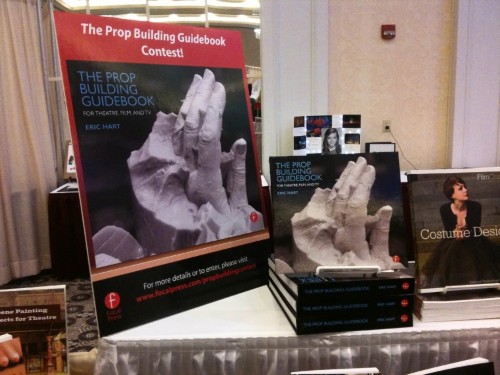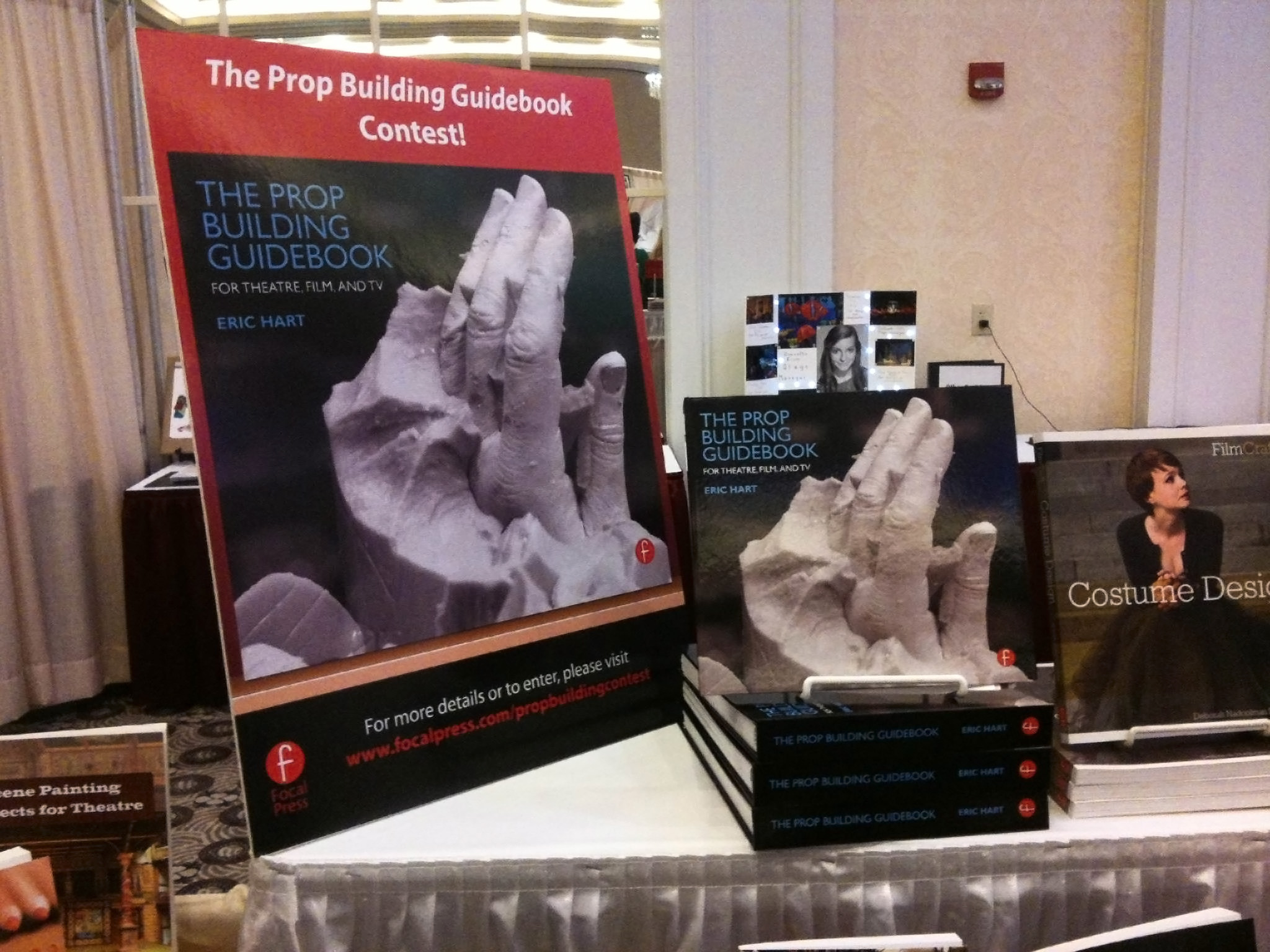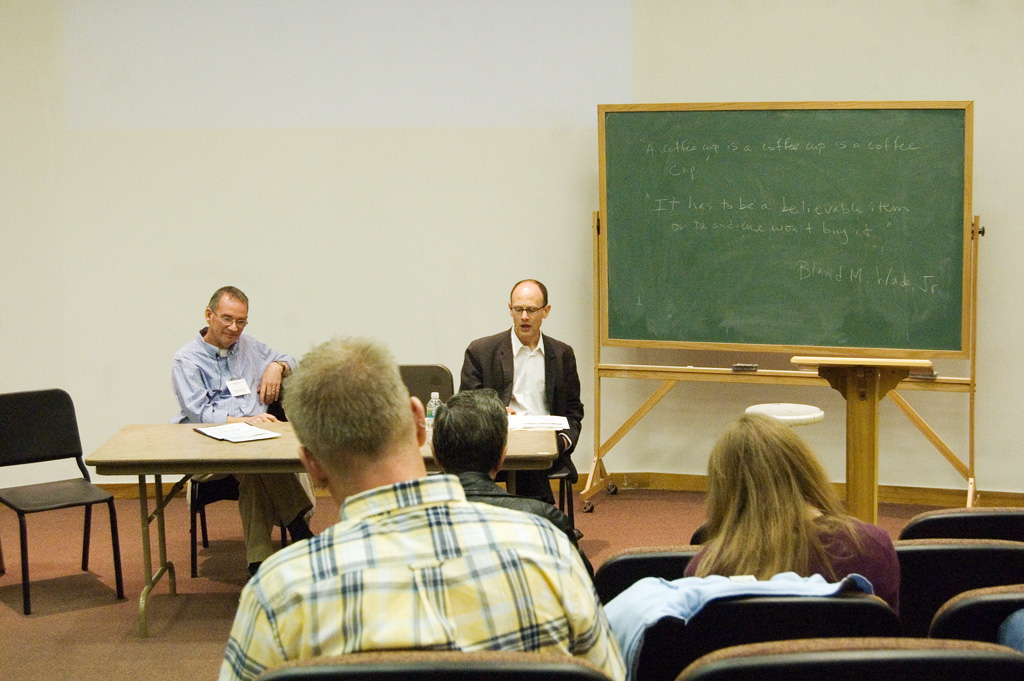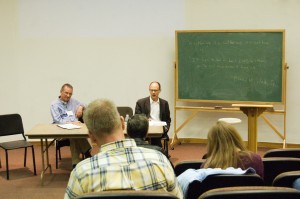For those of you in school for theatre, it is not too early to start thinking about summer employment. Even though snow is still on the ground and it gets dark at 4 pm, this is the time of year that many summer festivals, theatres and operas begin recruiting for their production positions and internships. To my international readers, I am sorry this post only deals with US jobs and internships.
Whether looking for summer work or for immediate work, Backstage Jobs should be one of the sites you check daily. By now, most of the major and legitimate theatres have learned to post any and all technical and production-related jobs to this site. It is completely free to view every job posting. The site admin also does a bang-up job of keeping spam and unrelated postings from appearing.
Speaking of spam, the Society of Properties Artisan Managers maintains a list of which of their member theatres offer props internships. This is a comprehensive list of all internships, not just summer ones, so be sure to check the commitment dates for the theatres you are interested in.
Artsearch is another big mainstay of technical theatre job postings. Though you should avoid job posting sites which require you to pay to view listings, this is the one exception. If you are currently in school, your school will probably have login information you can use (this is often true if you are an alumni as well).
In addition to job listings online, you may wish to think about applying and interviewing for jobs during one of the two big conferences. Though these are held in March, now is the time that you should be registering for the conferences, booking your hotel and making your travel arrangements. The two major conferences for theatre technicians are USITT and SETC.
This year, USITT is held March 20-23 in Milwaukee. The conference is meant for technicians and designers for all aspects of live performance. Part of the conference includes a massive stage expo, where companies and employers have booths to show off what they do. This is where you can meet and greet with the people in charge of these companies; many of them use USITT to do some of their recruiting for summer internships and apprenticeships.
The SETC conference will be held March 6-10 in Louisville, KY. SETC is meant for all aspects of theatre, including acting and directing, so it is not focused on just the production side. While the exposition hall is much smaller than USITT’s, it does have a job fair you can sign up for. Companies have small tables where they list the job openings they have, and you sign up for times to interview. You then spend the rest of your time meeting with employers all over the convention center to interview for these jobs. You can interview for as many or as few jobs as you have time for. I actually got hired at the Santa Fe Opera for the first time at the SETC job fair.
These websites and conferences have jobs at all skill and pay levels; even the internships can vary widely in how much you are paid. While it may seem your acting friends are constantly taking low-to-no paid internships, as a technical theatre person, you should always be paid for your work. Plenty of paid opportunities exist at all skill levels if you look for them.




